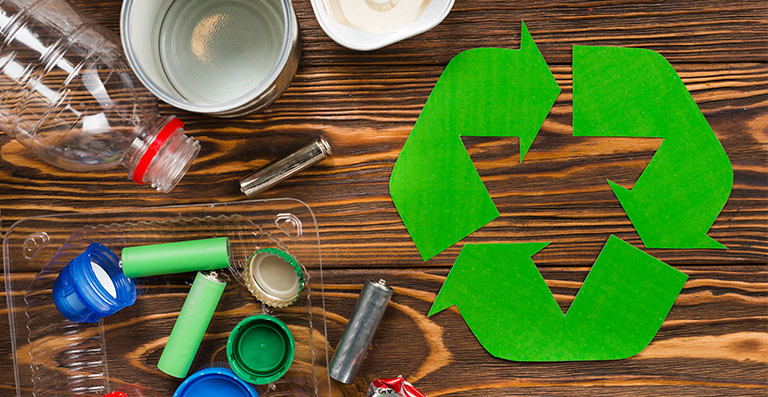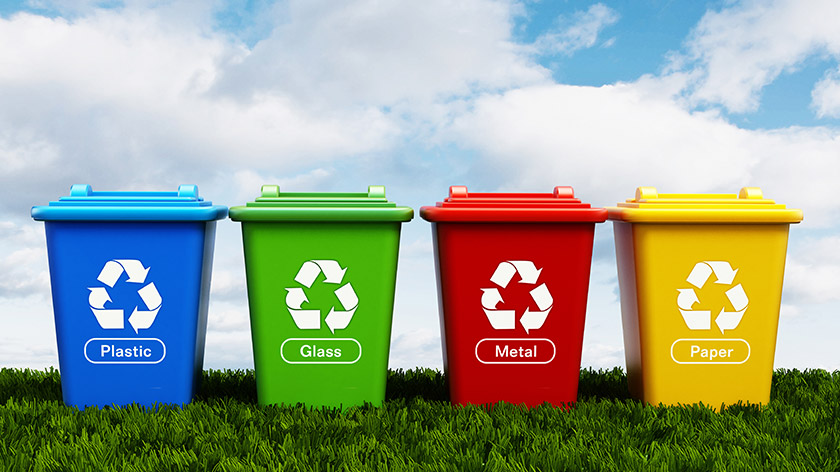In the past few years, getting rid of trash has become a problem worldwide. Households, factories, construction sites, refineries, and nuclear power plants are common places where waste is made.
As the number of people grows, consumption patterns are changing. As people’s lives have improved, they have put the environment in grave danger. If trash isn’t taken care of correctly, it can hurt people’s health and the environment. So, people and businesses need to know how important it is to manage waste.
Waste management is important because it keeps the environment from being hurt by the toxic effects of inorganic and biodegradable waste. Solid Waste that isn’t taken care of well can pollute the air, the water, and the soil.
If trash is collected and managed well, it can be recycled. Plastic, glass, and paper can be put into different columns to be recycled into new products, saving natural resources.
Also, if this trash isn’t recycled, it usually ends up in landfills or the ocean, where it can harm both people and marine life. Most places in the world don’t treat their sewage well, which leads to eutrophication and the closing of beaches.
The World Wildlife Fund (WWF) says that about 8 million tonnes of plastic end up in the oceans each year.
Why Managing Waste Is Important

When food waste is put in landfills, it breaks down without oxygen and makes methane gas. Methane is a greenhouse gas that is even worse than carbon dioxide for the environment.
Environmental Defense Fund (EDF) says that in the first 20 years after it is released, methane is 84 times worse for the environment than carbon dioxide. It soaks up sunlight, which raises the temperature around the world
An estimate from 2016 says that throwing away solid waste caused 1.6 billion tonnes of greenhouse gases to be released into the air (WHAT A WASTE 2.0). About half of these emissions were caused by the waste of food. If nothing is done to improve how solid waste is handled, these emissions will rise to about 2.4 billion tonnes by 2050.
Waste management will not only save natural resources, biodiversity, and human lives, but it will also positively affect the economy by creating more jobs to run a waste management system that works well. In developed countries, trash goes to garbage dumps, and in developing countries, trash usually ends on the streets or in empty lots.
When this waste that hasn’t been treated is exposed to the air, it harms the environment and the infrastructure. Waste management is becoming more important over time, and not just because it helps protect the environment. It is also a growing industry that can help an economy grow.
By recycling the things they make, businesses can save money, and this would help lower the cost of getting rid of their trash. Also, if the company knew what kinds of waste it was making, it would be easier for them to find waste management services that fit their needs and save money on transportation.
In addition, it helps the environment by reducing greenhouse gas emissions and protecting natural resources, which in turn helps the business’s reputation. Restaurants can give away food that will go bad soon to people who need it instead of throwing it away and hurting the environment.
Getting Rid Of Waste
We should start by cutting down on waste where it comes from. Can do it if people reduce the trash they make daily. Knowing which product to use and how to get rid of it is very important. When you go out to eat, order as much as you can eat so you don’t waste food.
Putting trash to good use
Some things can be used more than once after they’re bought. Can use the same thing again, or can use it for something else. For example, we can give our old books and clothes to people who need them, or we can change how our clothes look so we can wear them again.

